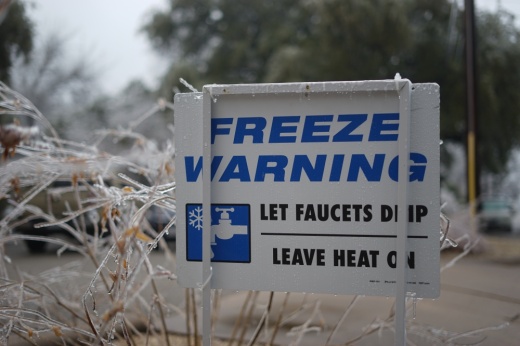In Texas, while new nursing homes are required by law to have a generator, independent- and assisted-living facilities are not, resulting in only 47% of the approximate 2,000 facilities in Texas using a generator for backup power, according to a 2022 study by the Texas Health and Human Services Commission.
The ease of acquiring a generator for one of these facilities is dependent on the size of the facility and the type of generator needed, HHS Communications Officer Jennifer Ruffcorn said in an email.
Without a generator backing up power, seniors in independent- and assisted-living facilities are left in the dark during emergencies such as Winter Storm Mara, which caused more than 373,000 power outages across Austin and Dripping Springs in February, as previously reported by Community Impact.
Dripping Springs resident Warren Walters’ mother-in-law lives in independent housing at Ledgestone Senior Living. During the February winter storm, he brought his mother-in-law to stay with him due to the prolonged power outage Feb. 3.
“There were many residents that really were just stuck there, hanging out, wearing extra coats,” Walters said. “It was really hard to see.”
These types of facilities are encouraged to have emergency plans in place, including for extended blackouts, said Carmen Tilton, vice president of public policy with the Texas Assisted Living Association. As summer approaches, the potential for power outages increases due to high temperatures and severe storms during hurricane season.
“Some providers have generators which can provide emergency power to parts of the building and key systems, others have smaller systems or batteries capable of [powering] fans, portable air conditioning and refrigerators,” Tilton said in an email. “Still, other communities may have a policy of temporarily relocating to a nearby building or other appropriate space which has not lost power.”
HHS requires assisted-living facilities to regularly prepare for natural disasters, according to a news release by the commission.
“The state’s regulations require the assisted living community to keep residents safe, prioritize their health and ensure for the continuity of necessary health care,” Tilton said.





